Finally, justice in the 2017 NYC terror attack. But why did it take so long? | Mike Kelly
Just in time for the Ides of March, Sayfullo Saipov of Paterson, New Jersey, got a fateful message: He is going to prison for the rest of his life.
This is bad news for Saipov, 35, but good news for America’s decades-long war on terror.
The Ides of March are known mostly as the date when Roman dictator Julius Caesar was assassinated. Perhaps ironically, the day was also known by Roman citizens as a time to settle debts.
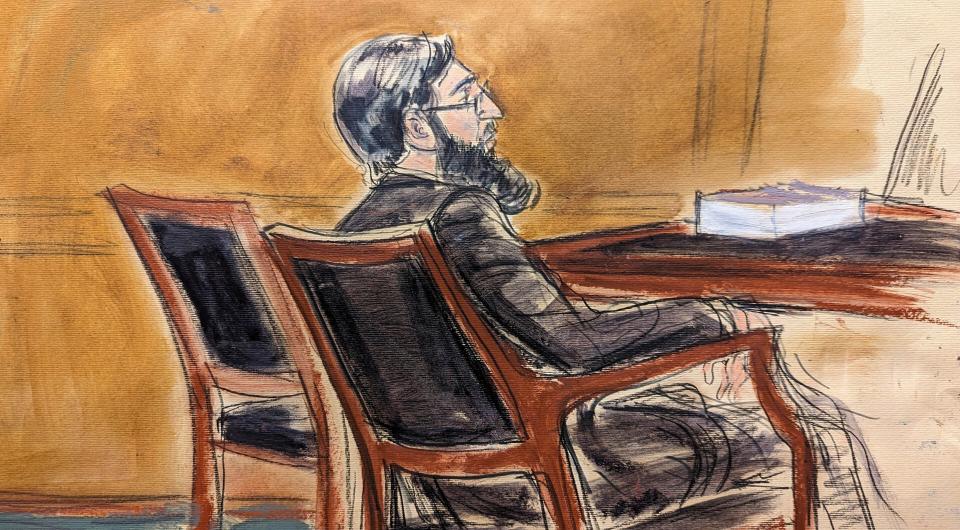
Here in America, consider Saipov’s life sentence a settling of debts. But why did it take so long?
Saipov, who emigrated to the United States in 2010 from Uzbekistan as part of a special “Diversity Immigrant Lottery,” murdered eight people on the otherwise sunny and peaceful afternoon of Halloween 2017 by driving a rental truck down a bike and pedestrian path in lower Manhattan.
It was the deadliest terror incident in New York City since the attacks of Sept. 11, 2001. It was also one of the worst in U.S. history.
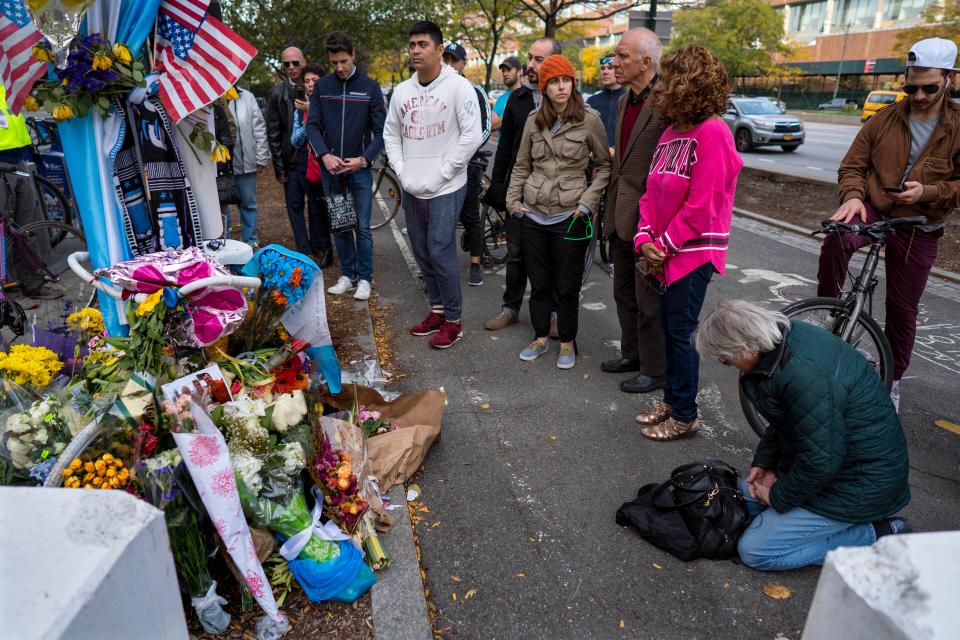
'Lived the trauma':Parents of Bergen County terror victim Darren Drake glad trial is over
More Mike Kelly:We can't turn NJ's 'bike path terrorist' into a death-row martyr. Here's why
Anatomy of a terror attack
A sometime Uber driver who was married and the father of three young children, Saipov reportedly grew upset with the culture of his new homeland and perhaps his life in Paterson. After spending his free time watching videos produced by Islamic State — ISIS — he decided to take revenge.
Saipov rented a truck at a Home Depot in Passaic, New Jersey, then drove into lower Manhattan. A few blocks from the site of the 9/11 attacks, where nearly 3,000 people perished, he swerved from the busy traffic flow of West Street and entered a narrow bike and pedestrian path that overlooked the Hudson River.
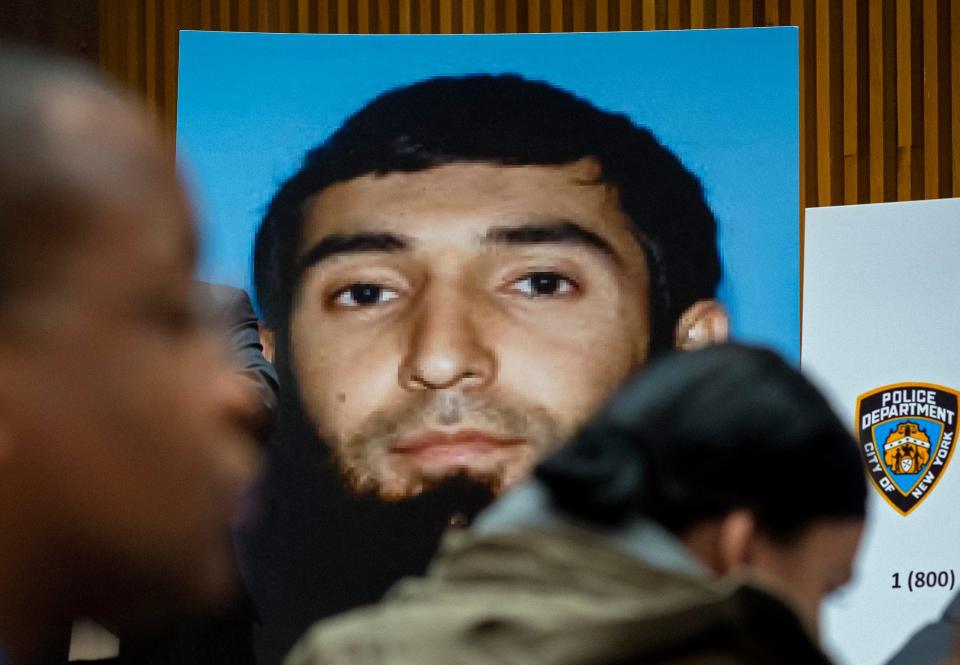
He floored the accelerator and sped down the path for nearly a mile, plowing into cyclists, joggers and others who just wanted to take a stroll on a warm afternoon. When he was through, he had killed six tourists — five friends who were visiting from Argentina and a mother of two children from Belgium. Also killed were two Americans: Nicholas Cleves, 23, a software engineer from New York City, and Darren Drake of New Milford, 32, a project manager for Moody’s Investors Service. Another dozen people were injured, including a woman whose legs had to be amputated by doctors afterward to save her life.
Saipov wanted to kill more. But near the intersection of Chambers and West Streets, Saipov crashed into a school bus carrying special needs students. He got out of his rental truck, waving a paintball gun in one hand and a pellet gun in the other. He was stopped only when a New York City police officer shot and wounded him.
Saipov later told the FBI he intended to continue on to the Brooklyn Bridge.
After he was taken to Bellevue Hospital Center for treatment, he asked authorities for a favor — to be given an ISIS flag that he could display in his hospital room. The favor was not granted.
It’s important now, in the aftermath of this trial, to remember these grisly facts. Saipov was given all sorts of breaks by America. For starters, he was granted the equivalent of a lottery ticket to enter the country ahead of other immigrants who waited years for a piece of the American Dream.
And yet, Saipov turned his gifted life into a source of hate.
And now he’s going to pay.
Condemned to obscurity
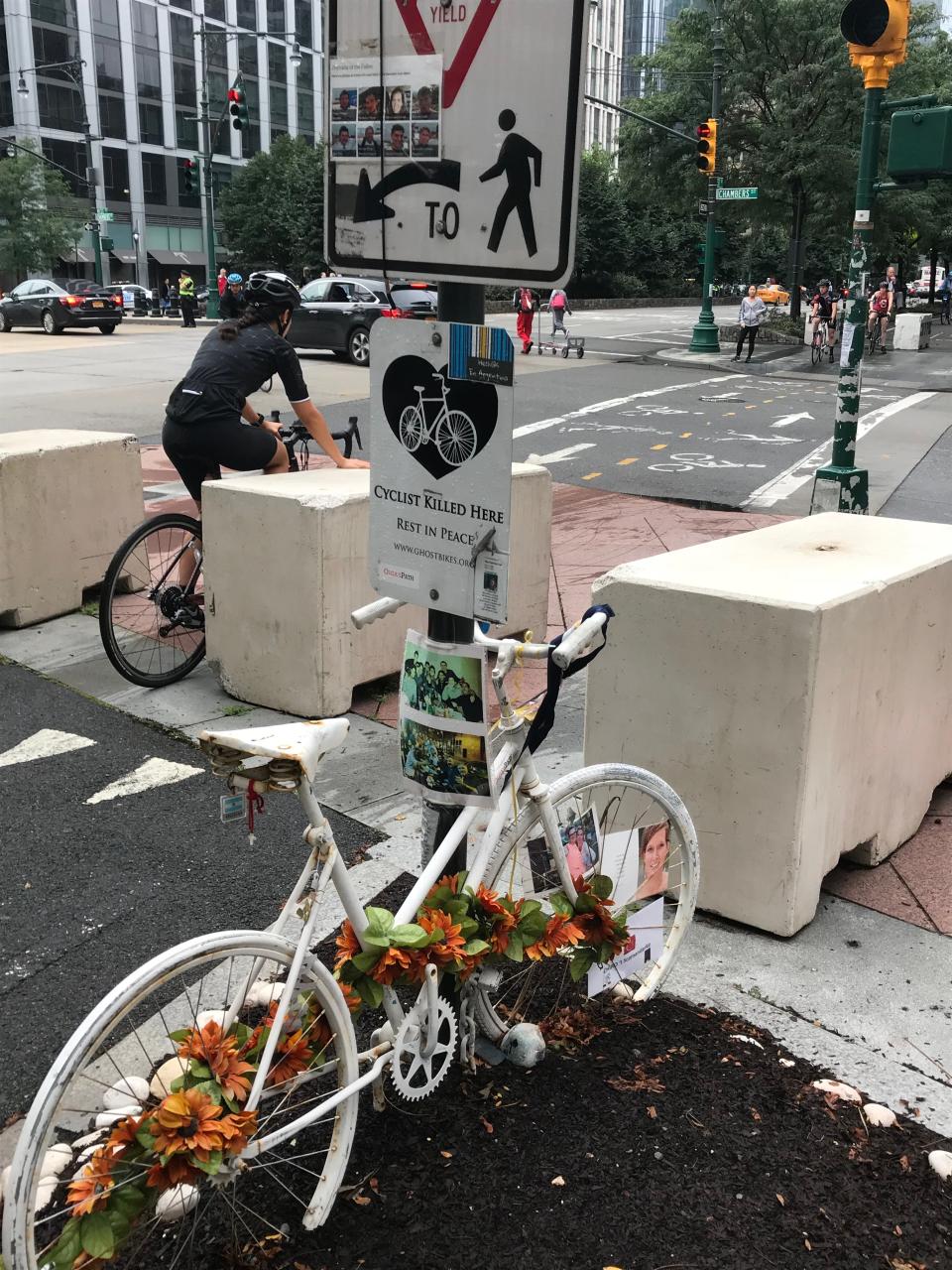
Saipov was hoping a federal jury in New York City would dispatch him to death row to await the execution that he felt would turn him into an Islamic martyr and an ISIS hero. Instead, he has been condemned to an even worse fate: obscurity.
He will likely be sent to a maximum security federal facility, probably the so called “Super Max” prison in Colorado that is now home to cadre of other terrorists, including the New Jersey Islamist militants who set off a bomb at the World Trade center in 1993 and killed six people and injured more than 1,000.
In his new home, Saipov will be allowed few visitors — and then only with extreme restrictions. He will spend most of his time alone.
This may seem like the logical and proper end to an otherwise horrific story. But consider what it took to reach this point — and how long it took to get here. We call this justice. But the wheels of justice turned so slowly in this case that you have to wonder whether this is fair to the victims.
Saipov’s murders took place more than five years ago. There was little doubt that he was guilty. He essentially admitted his guilt. And his public defender attorney later said Saipov killed in the name of his Islamist rage.
The trial was the first federal death penalty proceeding during the presidency of Joe Biden, who campaigned against capital punishment. In Saipov’s case, however, federal prosecutors ignored Biden’s wishes and asked for the death penalty.
Jury selection in Saipov’s trial began last October. Two months of testimony followed. A verdict by the jury of nine men and three women was not rendered until mid-January.
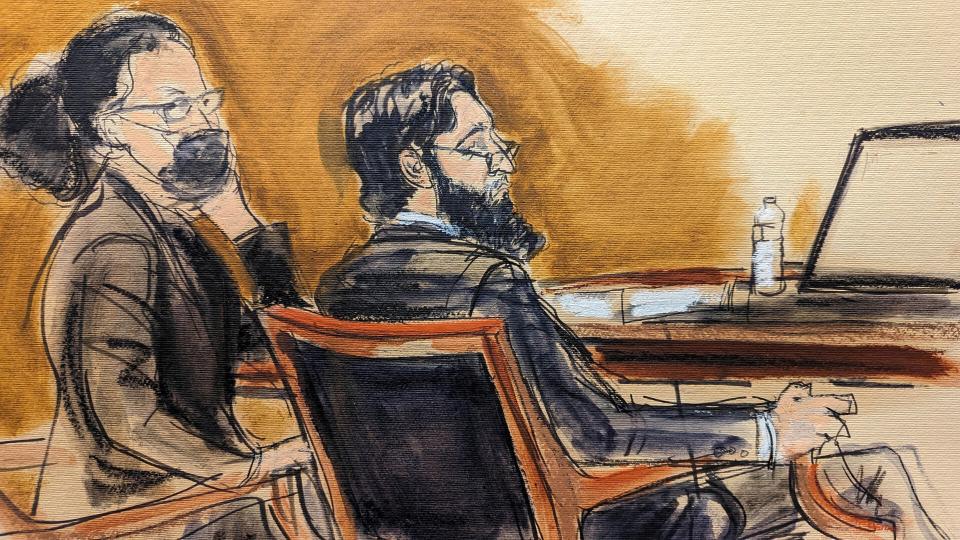
Then, on St. Valentine’s Day, the jury returned for another month of testimony and legal arguments during the so-called “penalty phase” of the trial, in which prosecutors offered evidence for why Saipov should be executed, and the defense team pleaded for a life sentence.
Here, it's important to introduce a footnote to this narrative: Saipov’s defense attorneys were paid by American tax dollars. Also at taxpayers' expense, some of Saipov's relatives from Uzbekistan were flown to New York for portions of the penalty phase to testify that Saipov came from a solid family but was sidetracked after viewing propaganda videos from ISIS. His wife and children did not show up for the penalty phase.
Earlier:Divided jury means no death penalty in NYC bike path attack that killed Darren Drake
9/11 attackers: An arduous fight to come
This slow path to justice was certainly deliberate. But it is also a reminder of an even more arduous legal battle now being waged at the U.S. Naval base in Guantanamo Bay, Cuba, where five leaders of the 9/11 attacks are being held.
Pretrial proceedings in those cases — including that of alleged 9/11 mastermind Khalid Sheikh Mohammed — have been delayed for two decades. Among the issues, attorneys for both sides continue to argue over whether it’s legally appropriate to call for the death penalty and whether to hold the trials at a military base in Cuba or bring them to the same federal courthouse in Manhattan where Saipov was tried.
Saipov’s trial seems fast-moving compared with what is taking place in a small courtroom at Guantanamo Bay, Cuba.
So stay tuned. Sayfullo Saipov was not an aberration in the war on terror. His trial may be just the beginning of even more difficult legal proceedings.
And in the end, who knows what we might learn?
Saipov never spoke during his trial.
His most public sentiments were the words he shouted just before his murderous rampage was stopped with a bullet from a New York City cop.
“Allahu Akbar,” he yelled. “God is great.”
Now Saipov’s misguided attempt at spiritual greatness will be answered by the silence of a solitary prison cell.
Mike Kelly is an award-winning columnist for NorthJersey.com as well as the author of three critically acclaimed non-fiction books and a podcast and documentary film producer. To get unlimited access to his insightful thoughts on how we live life in New Jersey, please subscribe or activate your digital account today.
Email: kellym@northjersey.com
This article originally appeared on NorthJersey.com: Sayfullo Saipov: 2017 NYC terror attack justice

